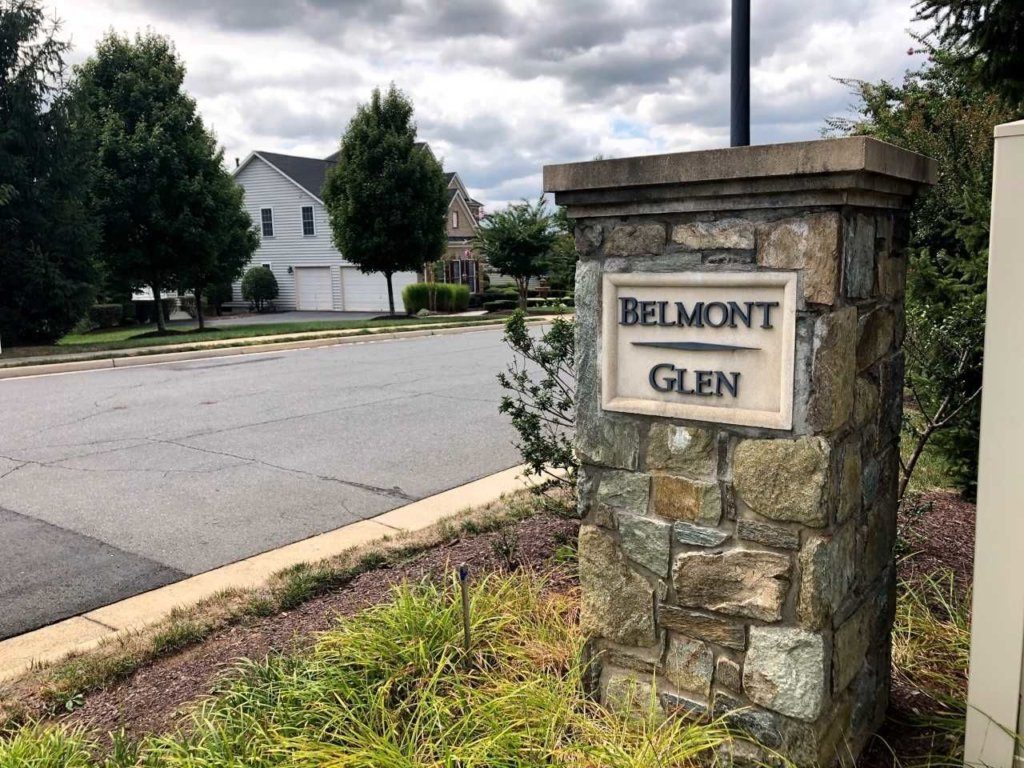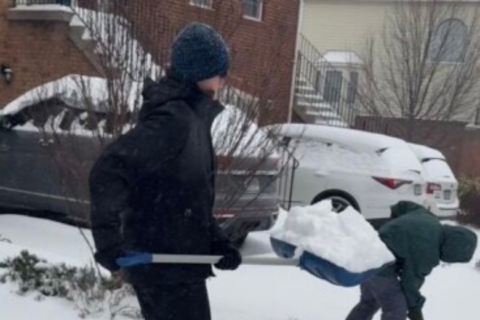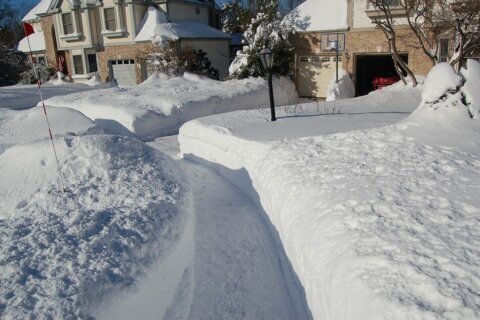
After a homeowners association in Loudoun County, Virginia, initially fined and successfully sued a family for keeping its exterior holiday lights up throughout the year, Virginia’s Supreme Court has now overturned the HOA’s lawsuit victory.
In 2018, Loudoun County Circuit Judge Jeanette Irby had ruled in favor of the Belmont Glen Homeowners Association in its suit against SanJay and Sona Sainani for violating the HOA’s seasonal guidelines on the use of holiday decorations.
In ruling for the HOA, Irby found the Sainanis’ “lights were on 24/7” for “at least 300 days a year” in violation of the seasonal guidelines that prohibited leaving lights on after midnight and displaying lights outside of the permitted holiday periods. The guidelines permitted lighting for Halloween, Thanksgiving, winter holidays and the Fourth of July.
Between 2013 and 2016, the Sainanis received multiple violation letters from the HOA for their use of holiday lighting. The family displayed a string of lights on both their front door and on their back-deck railing in celebration of several Hindu, Sindhi and Sikh religious holidays throughout the year.
In its arguments, the HOA said it had broad latitude to “preserve and enhance property values and to maintain harmonious relationships among structures and the natural vegetation and topography.”
The Belmont Glen neighborhood, in Ashburn, Virginia, contains single-family homes with values around $1 million, according to online realtor listings.
On Monday, Virginia’s highest court ruled that the HOA’s seasonal guidelines were unenforceable and overturned Irby’s decision, which awarded the homeowners association $884 in fines and more than $39,000 in attorney fees and costs.
The court said the HOA’s restrictive covenants didn’t adequately specify the conditions in which the lights would be against the rules.
“We reject the HOA’s assertions that it has the ‘broad’ authority to adopt such design-control rules and that it has the implied power to regulate the aesthetics of individually-owned lots,” wrote Justice D. Arthur Kelsey in Monday’s opinion.
The case has been remanded, and it’s unclear whether the homeowners association will take further action.








